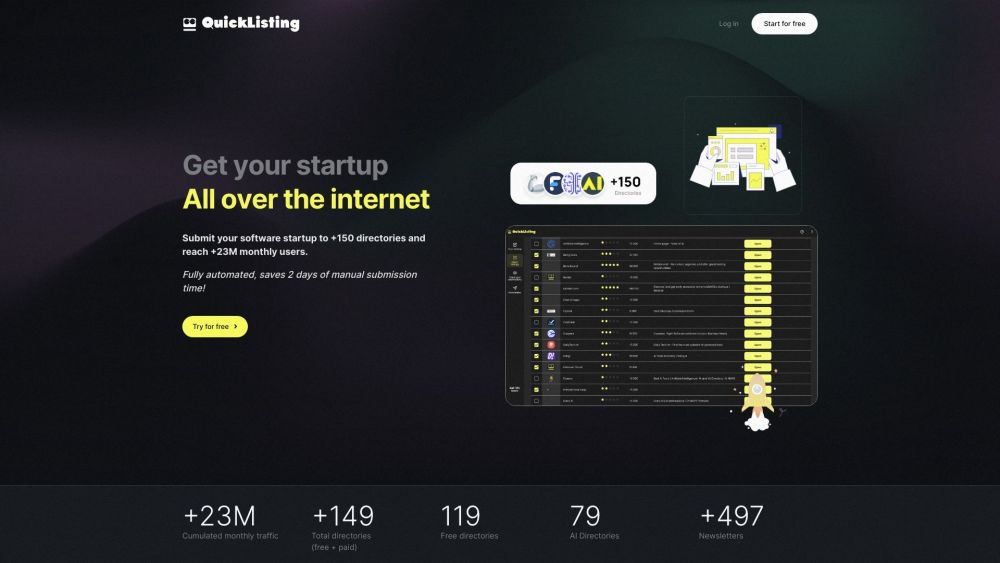Microsoft
OpenAI's ChatGPT and Sora, along with various other innovative projects, are set to gain significant enhancements. A recent report from The Information reveals that Microsoft and OpenAI are collaborating on a groundbreaking data center initiative, featuring a monumental AI supercomputer named “Stargate.” Microsoft is reportedly covering the expenses, which are projected to exceed a staggering $100 billion. To put this in perspective, this investment is expected to be around 100 times greater than the costs of some of the largest data centers already in operation.
This estimate originates from anonymous sources involved in discussions surrounding the project, including insights from Sam Altman, CEO of OpenAI, and individuals familiar with Microsoft’s preliminary financial analysis.
Stargate is anticipated to be constructed in the U.S. and, according to Reuters, it will be the largest among various installations that Microsoft and OpenAI plan to develop over the coming years. While Stargate is expected to launch as early as 2028, OpenAI will still benefit from periodic updates, with a significant AI advancement scheduled for early 2025.
Stargate represents the fifth and final phase (for now) of Microsoft and OpenAI’s supercomputer initiatives, with the companies presently engaged in the third phase. Reports indicate that Microsoft is actively developing the fourth-phase supercomputer, which, while smaller than Stargate, could be operational by 2026.
The capabilities of Stargate remain uncertain, but given the ongoing AI revolution and the imperative for AI models to continually evolve, such developments are hardly surprising. With GPT-5 on the horizon, the emergence of these expansive data centers is essential for Microsoft and OpenAI to keep advancing AI technology.
As this ambitious joint venture may ultimately cost over $115 billion, it’s notable that this figure significantly surpasses Microsoft’s entire capital expenditures for infrastructure, equipment, and servers in 2023, which were over three times lower. So, where is this substantial investment headed? The Information suggests that a significant portion of the funding will be allocated toward acquiring AI chips. Consequently, it's a lucrative time for companies like Nvidia.






